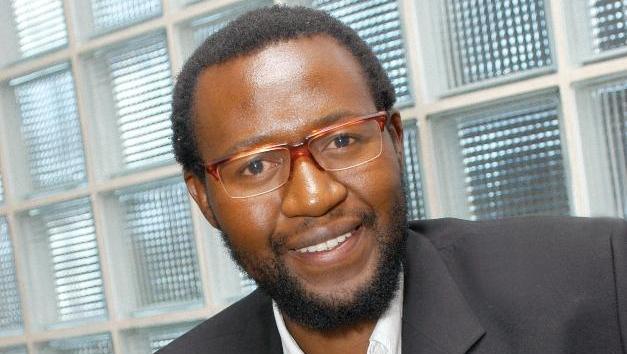Too many African countries are still encumbered by secrecy and anti-media laws that have blighted free speech over the years. Laws that were used against the independence or liberation movements by colonial or white minority regimes have all too easily been reinforced or re-enacted.
The continuing ability of African governments to block unfavourable news means that leaders and political movements can contrive to hang on to power without many of their supporters in far-flung rural areas ever knowing how they abuse it. This is how the likes of Zimbabwe’s Robert Mugabe can, even now, get away with blaming his government’s appalling record on the work of Western so-called ‘imperialists’ – if not on the former colonial power, the white minority or the opposition groups supposedly linked to them.
A flourishing private media that can expose the corrupt activities of political leaders and ruling parties should be playing a crucial role in informing citizens of what is really happening in their name. Not surprisingly, ‘peoples’ power’, the phenomenon where African citizens finally kick out bad governments that have ruled too long, is only possible where the private media has grown significantly – providing citizens (and ordinary members of the ruling parties) with the real story – and where there is a growing civil opposition.
In the uprisings against unpopular governments in Tunisia and Egypt, new social media that have circumvented the official press, and the rise of independent broadcasters, such as Al Jazeera, have also done the trick.
But in most African countries much of the media is still in state hands, so ruling parties can keep a firm lid on any stories of official corruption, mismanagement or wrongdoing. Private news organisations, where they exist, do not have a wide reach. And they are often financially vulnerable. With the state in many African countries still directly controlling most of the economy or else having indirect influence, private companies that don’t toe the line can easily be squeezed or threatened with the loss of vital advertising revenues.
Independent FM radio stations are widely listened to across the continent, but in many countries they operate on the strict condition that they don’t cover politics. Community radio often suffers the same restrictions. The Internet may be a freer medium, but access is not yet as widespread south of the Sahara as in Egypt or Tunisia. However, Internet usage is increasing – in South Africa it has now passed the 5 million mark in a population of 50 million, and a growing community of (mainly middle class) citizens use Twitter to complain to politicians about poor service delivery.
Clearly, a revolution in Sub-Saharan Africa could one day arrive via the mobile phone. Its political mobilisation potential is huge: in Zimbabwe’s last elections, people used their mobiles to monitor vote-rigging and, in the process, greatly helped the opposition, international observers and the independent media.
Right now in South Africa, the ruling African National Congress (ANC) is heading off any potential threats to its rule by flexing its muscles against the traditional media. The party has shown alarming signs of wanting to mimic some of the draconian measures applied during the apartheid era. Its draft Protection of Information Bill would give the government broad powers to classify almost any information involving an agency of the state as ‘top secret’ – not to be reported on or divulged – in the interest of ‘national security’. It prescribes penalties of up to 25 years in jail for those disclosing such information. The public’s right to access government documents would also be restricted.
The ANC has, at the same time, called on antitrust authorities to investigate those in the media industry they say are abusing their dominant market position to stifle competition and those that lack black shareholders. This is despite the fact that many of the big newspaper houses, such as Avusa, which owns the mass-circulation Sunday Times and The Sowetan, have a majority black shareholding (mostly in the hands of leading members of the ANC itself). “Some fractions of the media continue to adopt an anti-transformation, anti-development and anti-ANC stance,” said a recent ANC discussion paper on the media.
With the ANC Youth League president Julius Malema even threatening to shut down Twitter, the new push for secrecy and anti-media laws has split the ANC between those who are determined to stamp out all criticism and its genuine democrats. The Congress of South African Trade Unions, the ANC’s ally in government, has come out strongly against such measures. Individual ANC leaders, such as the party elder Pallo Jordan, a former cabinet minister (once punted as possible ANC presidential candidate), have also voiced their concerns. Such willingness to speak out suggests that South Africa’s infant democracy is finally gaining some maturity.
Perhaps the new mood can encourage individuals to give or withhold their support based on the party’s current record rather than on the credentials it gained during the struggle for freedom. For now, although young South Africans do occasionally protest against the government, they still see the ANC as their party and simply want it to govern better, but it may not be long before younger generations of voters will have no recollection of the fight against apartheid or colonialism and little interest in the ruling party’s historical record. At that point, the kind of youth-led rebellions recently seen in Tunisia, Egypt and Libya could easily start to happen further south.






